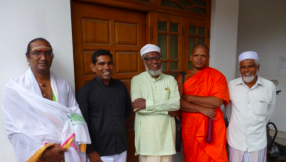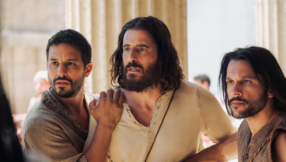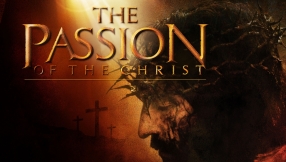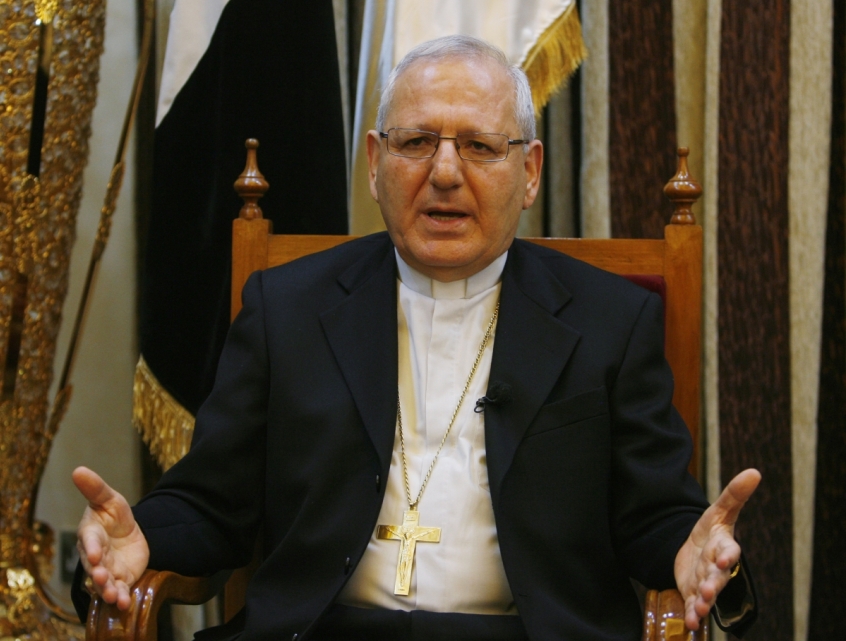
Christians in Iraq should be given independent rule or allowed to join a region of their choice in a post-war settlement, the leader of the country's largest Church has suggested.
The Chaldean Catholic Patriarch Louis Raphael I says in a report this week that should Iraq be reclaimed from Islamic State, there should be an interim political settlement allowing Christian villages in the Nineveh Plain to become "self-administrative".
Many of the Christians who have been forced to flee could return to their homes if Islamic State is defeated, he says.
He calls for a referendum to give Christians a choice on whether they want to be governed from Baghdad, to be part of the autonomous region of Iraqi Kurdistan or even place themselves under a "Sunni state".
The patriarch, releasing his conclusions to Agenzia Fides, said that democracy has had no chance to be established properly since the fall of Saddam Hussein. The number of Christians in Iraq has fallen sharply. Iraq is at number two on the Open Doors world watch persecution list and Christians now number just 250,000 out of a population of 37.5 million, down from 4.7 million in 1947, 1.4 million in 1987 and 450,000 in 2013.
Patriarch Louis Raphael I says there are "signals" of a "pre-arranged plan to secure the political structure of Iraq" but in this plan, he fears the rights of Christians and other minorities are not guaranteed.
He wants the security and continuity of presence at least to be ensured.
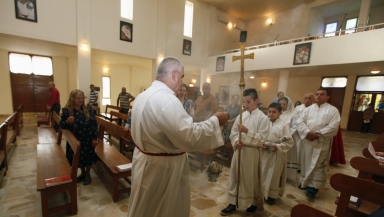
He acknowledged the widespread sympathy the suffering of Iraq's Christians has led to. But he warned of "political hunters" trying to use Christians to obtain certain advantages.
He predicted that "Christians are likely to become a token of exchange" for the stability and the future structure of the region.
While the liberation of Mosul and the Nineveh Plain from Islamic State might hold a glimmer of hope for Christians, it will take time to rebuild trust with other ethnic and religious groups of the region, otherwise "the haemorrhage outflow of migration will continue, even from safe areas".
Further, he warns that a military victory over the ISIS jihadists does not mean solving the problem of terror group's extremist ideology, which he said must be dismantled.











